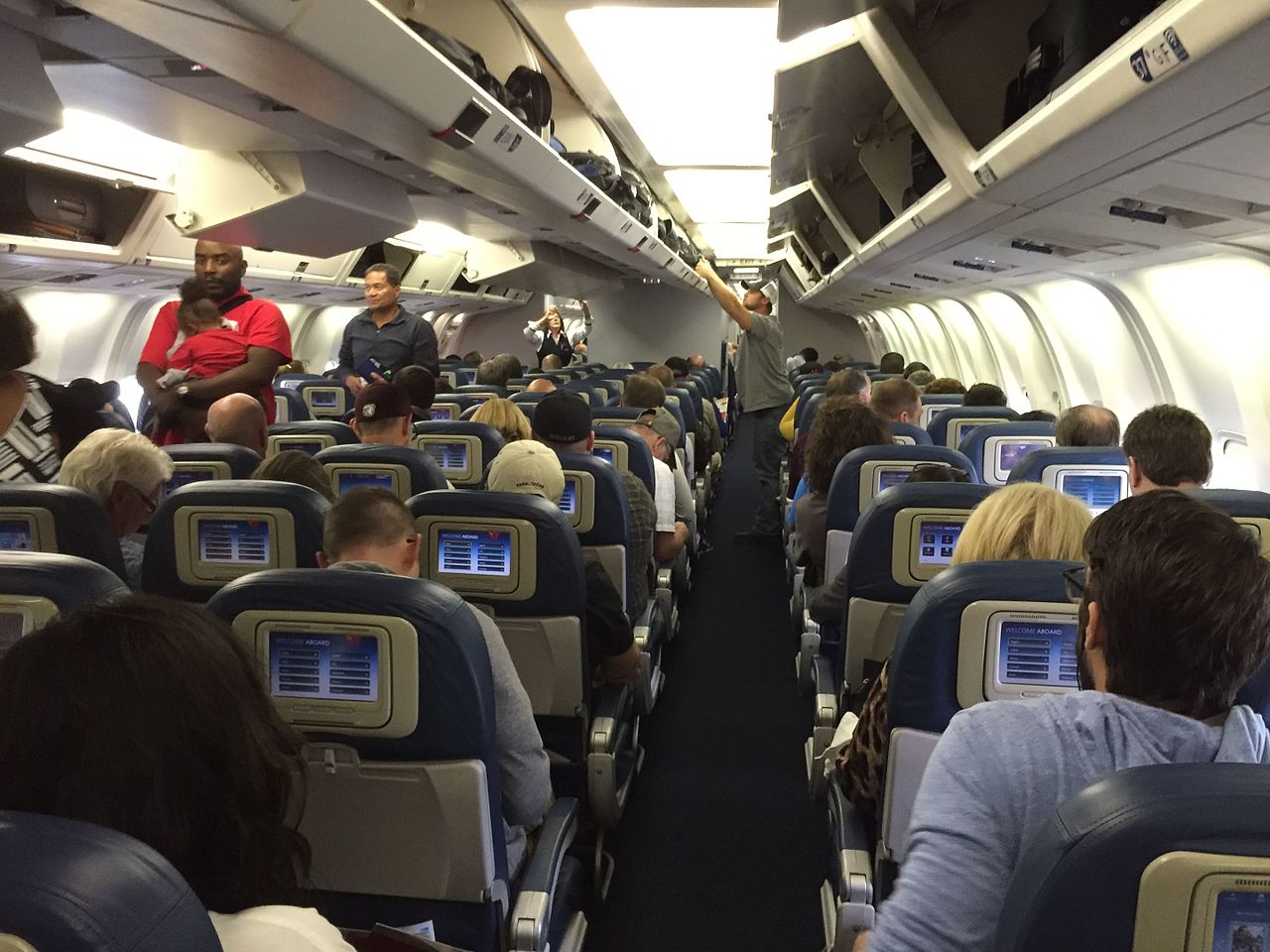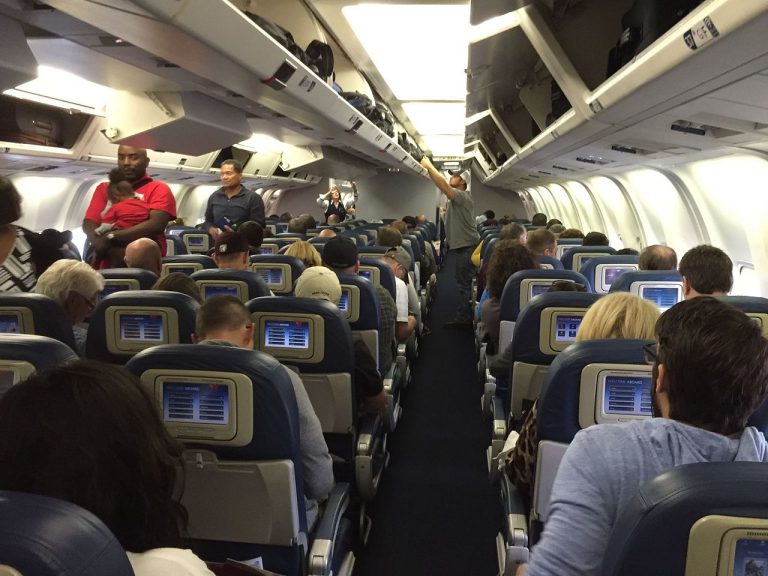Readers’ answers to a Big Question to be published in September’s Diver magazine have confirmed that many divers worry about contracting infections in the run-up to what may well be expensive diving holidays.

Relevant news is that US scientists reckon they have come up with an effective way of minimising the risk of contracting an in-flight infection such as a cold – which is all it takes to derail a dive-trip.
Airliners can contain hundreds of people from different parts of the world and in various states of health, all sitting in close proximity and breathing the same recycled air.
But the researchers reckon the odds of individuals contracting an infection can be affected significantly by the way in which they board the plane.
They combined an infection-spread model with another measuring passenger movement as they boarded, settled and later exited the aircraft, applying this to a hypothetical case of Ebola to see how it might propagate.
With a typical boarding pattern, in which passengers are required to board in three sections from the front of the plane to the middle and then the back, contact time with other passengers through close-quarters queuing increased and the infection risk was calculated as 67%.
But when the plane was split into two sections boarding from both ends, the queuing was reduced and the infection risk dropped sharply to 40%.
The risk was also said to be lower on smaller planes with fewer than 150 seats, because they take fewer passengers who tend to reach their seats more quickly. Although Ebola was used in the study, the researchers say that their findings apply to any directly transmitted infection.
Boarding strategy is down to the airline, but the research does suggest that if you reach your seat quickly through priority boarding, or perhaps wait until late on when the queues have dissipated, your chances of having your holiday spoiled could be reduced.
Remember, however, that you might have more trouble stowing your cabin baggage if you leave it really late to take your seat, and might run the risk of missing the plane altogether! And if you’re unlucky enough to be seated close to an infected passenger, your precautions may well have been wasted.
The study, compiled by researchers from Arizona State, Florida State and Embry-Riddle Aeronautical University, is published in Physical Review Letters E.
Divernet – The Biggest Online Resource for Scuba Divers
08-Aug-17

